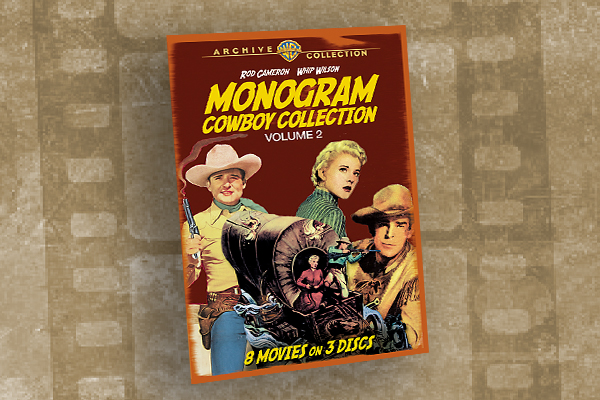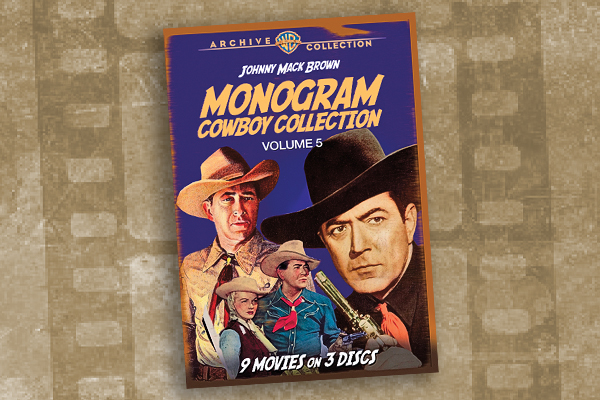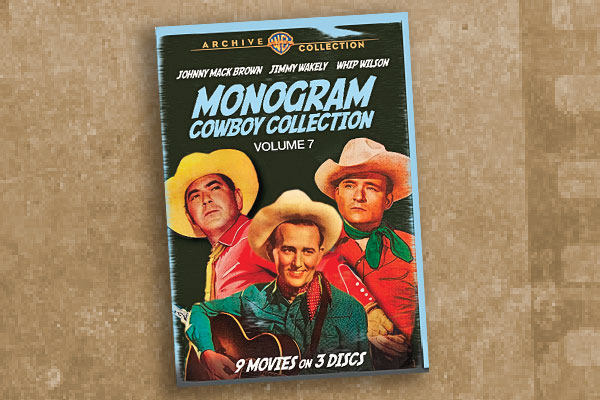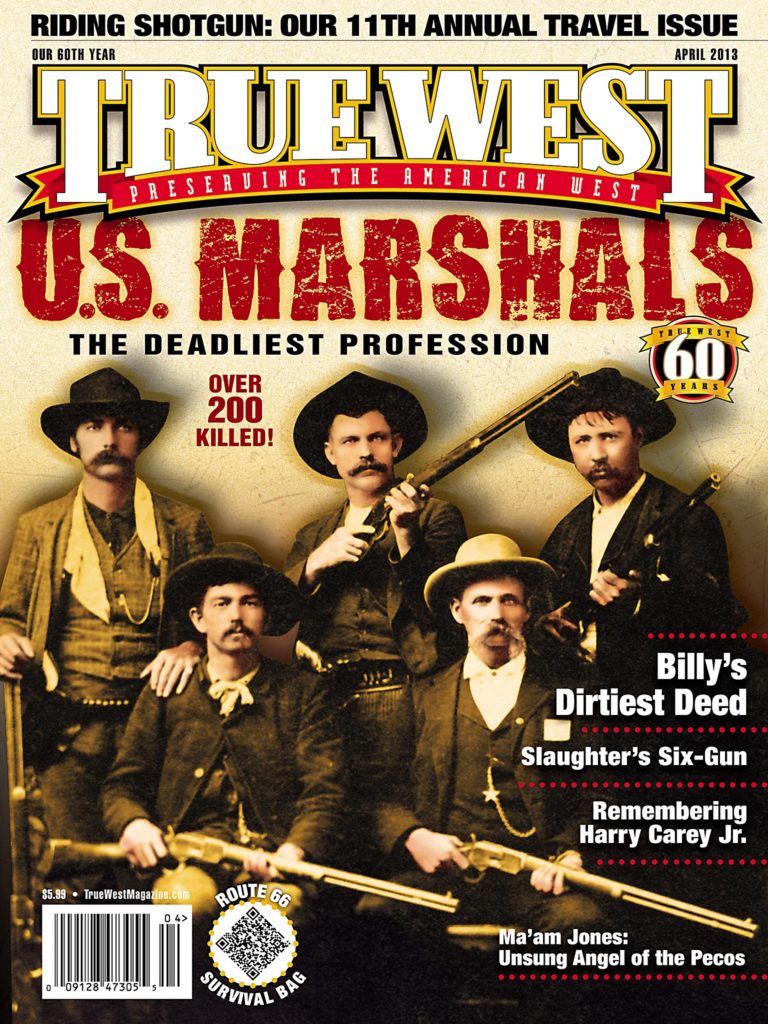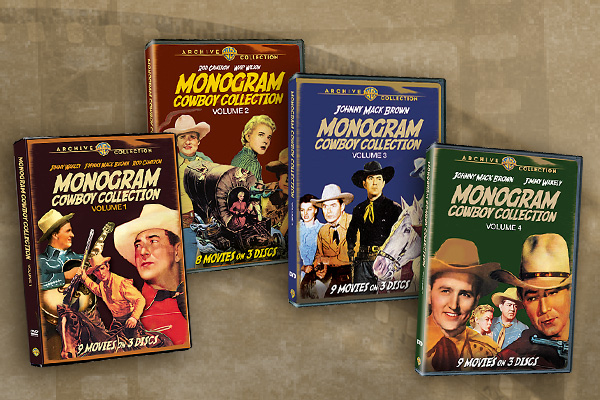 When Monogram Pictures was formed in 1931, new Poverty Row studios were opening their doors on an almost weekly basis. Everyone was scrambling for the quick dollar that could be had playing off quickies in smaller theaters.
When Monogram Pictures was formed in 1931, new Poverty Row studios were opening their doors on an almost weekly basis. Everyone was scrambling for the quick dollar that could be had playing off quickies in smaller theaters.
By 1935, Republic was taking the lead, specializing in serials; no doubt, its success was due to its merger with six other poverty row companies, including Monogram. Two years later, Monogram revived itself and, by the 1940s, the studio carried on with Charlie Chan, the Bowery Boys and Bela Lugosi. Unlike Republic, Monogram did not have Roy Rogers or John Wayne, but it did have the Range Busters, the Rough Riders, Johnny Mack Brown and up-and-coming Rod Cameron.
The company was re-christened Allied Artists in 1953, and Allied worked to change its image by producing films with directors Don Siegel (1956’s Invasion of the Body Snatchers) and William Wyler (1956’s Friendly Persuasion), while it phased out the B-Westerns in favor of color films with Sterling Hayden or Joel McCrea.
The enormous Monogram/Allied library was sold to television in the late 1950s and changed hands multiple times, making those B-Westerns harder to see as the years passed. Warner Bros. acquired the library and has begun releasing the Westerns in box sets through Warner Archive.
The first volume in the Monogram Cowboy Collection series includes nine films, four starring cowboy crooner Jimmy Wakely, four with Johnny Mack Brown and one Rod Cameron vehicle. Wakely was Monogram’s answer to Roy Rogers, and he was always ready with a song, but rarely a gun.
Oklahoma Blues and Partners of the Sunset are the better Wakely films; both were made in 1948 and directed by Lambert Hillyer (who also helped make William S. Hart a star). The Brown films feature the star in his later years, but with his stalwart personality intact, and are solid kiddie matinee Westerns. The 1951 film Man from Sonora scores extra points by casting future Lois Lane, Phyllis Coates, opposite Brown.
Another 1951 Western, Cavalry Scout, with its higher budget and production values, is the best film of the set, with good work from Rod Cameron and Jim Davis. As with all the titles, the picture and sound quality are excellent.
Volume Two features eight movies on three discs: two with Rod Cameron and six with Monogram’s last B-Western star, Whip Wilson. The Wilson films are true quickies, but his bullwhip gimmick is fun for the cowboy kid in all of us. The 1952 film Wagons West, starring Cameron, Noah Berry Jr. and Peggie Castle, is old-fashioned stuff, but well executed by Ford Beebe, who was also directing Bomba and the Jungle Girl for Monogram.
Volume Three is a tribute to Johnny Mack Brown, with nine of his films included. Six are from his Nevada Jack series, in which he and character great Raymond Hatton play U.S. marshals going undercover to capture outlaws. Directed by Western hand Wallace Fox, The Ghost Rider is the first, serving as a good, energetic kick-off to the series. Hillyer’s 1945 Western, Flame of the West, is the best film in this collection, with Brown excellent as a gentle doctor who finds himself on the revenge trail. Flame is a treasure for fans.
Volume Four brings nine more titles: four from Wakely and five of Brown’s later features. The 1951 film Colorado Ambush is a solid Brown adventure, written by the film’s villain, Myron Healy.
The quality in all of these Warner Archive sets is superb, but special extras would be nice. Still, these Monogram collections remind us of a more innocent world, when front row kids cheered their cowboy heroes.
C. Courtney Joyner is a screenwriter and director with more than 25 produced movies to his credit. He is the author of The Westerners: Interviews with Actors, Directors and Writers.


